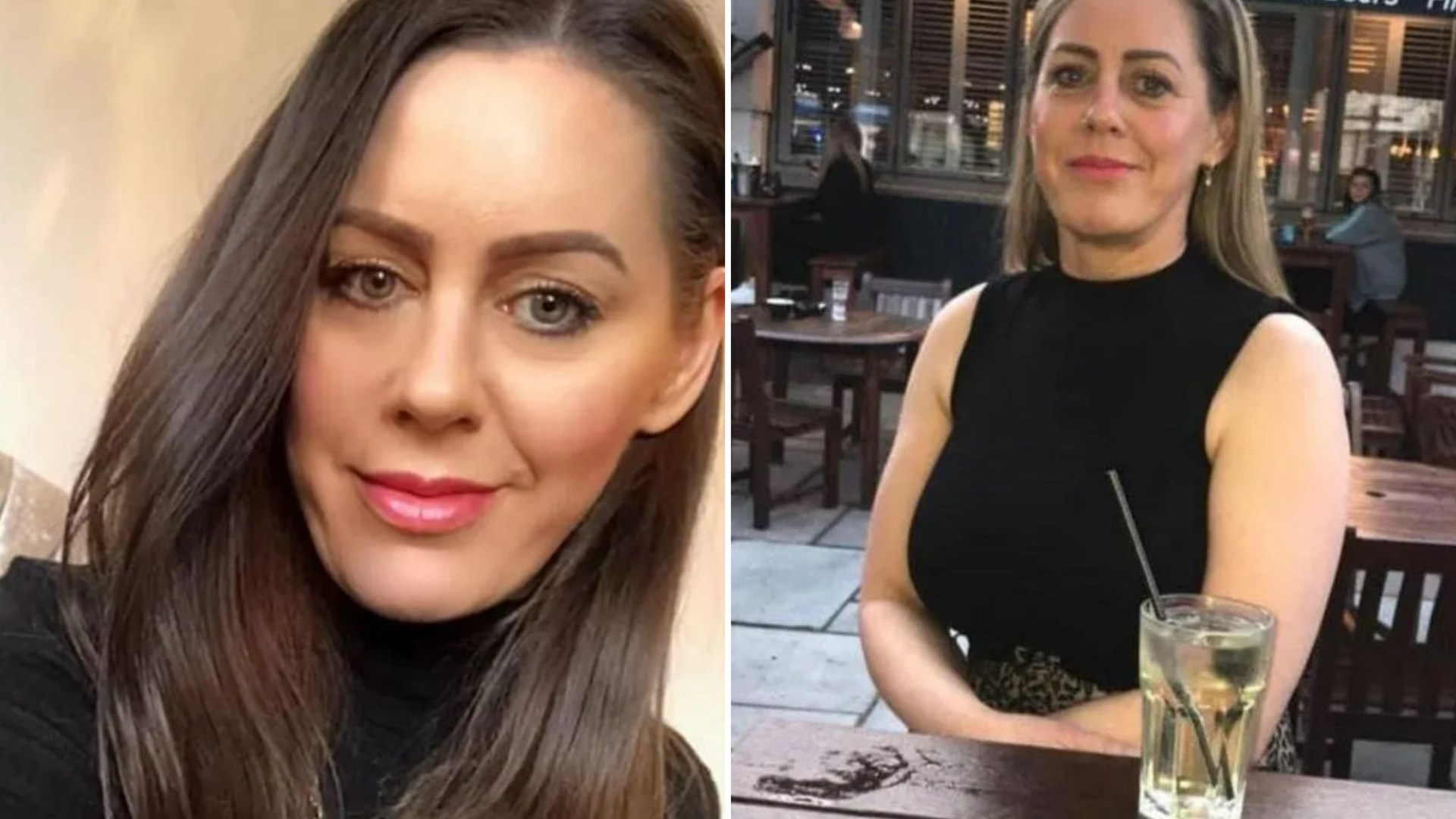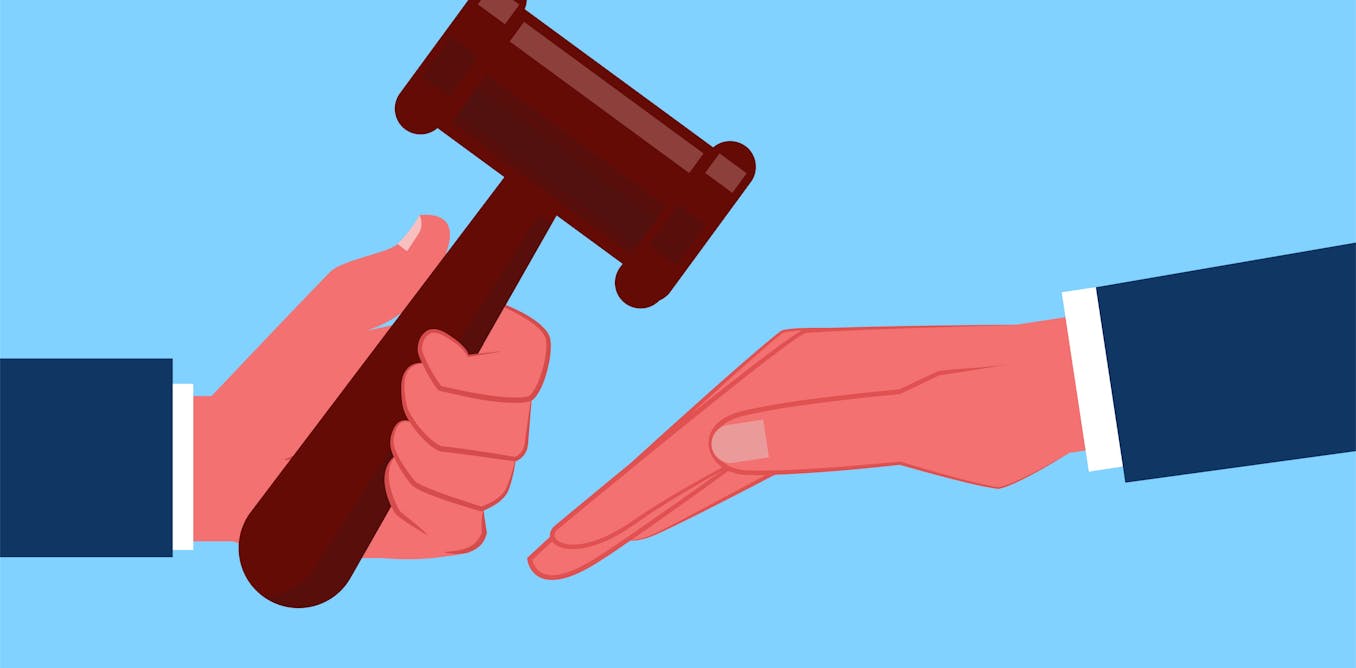A “BEAUTIFUL” mum took her own life on railway tracks after being subjected to coercive and controlling behaviour, an inquest heard.
Jill Parton, 46, made a final Facetime call to her former partner before she was hit by a train in Stockport, Greater Manchester.
4
An inquest heard she had been subjected to “controlling and coercive behaviour” before her death on June 3.
Jill was said to have been “scared to leave the house” after threats were made against her and her daughter Amber when the relationship broke down.
Amber told Stockport Coroner’s Court: “She was petrified someone would do something to me or her.”
Her mum revealed she “didn’t want to live anymore” but Amber did not believe Jill would harm herself as she “wouldn’t leave me”.
A man, who was not named, was arrested following her death after police received reports of a “domestic assault”, the court heard.
Officers “thoroughly investigated” the claims but no evidence was found and he was released without charge.
The inquest was told Jill had been in a number of “difficult relationships” and had a history of anxiety and depression.
In the months before her death, the pub landlady had been prescribed anti-depressants and referred to mental health services after reaching out her GP.
Her former partner Stuart Sumnall told the court the pair had spent the day of her death together at Stockport Pride.
He said the pair later rowed and Jill burst into tears before getting out of his car.
Stuart received a number of messages and calls from his ex-partner – including the one on the railway line.
He said he immediately phoned police to raise the alarm before hanging up and taking a final call from Jill but the “line went dead”.
British Transport Police were called to the scene by Greater Manchester Police where they discovered Jill with “extensive traumatic injuries”.
Assistant coroner Anna Morris said Jill was a “complex and at times vulnerable” woman who had experienced “periods of poor mental health”.
She recorded a conclusion of suicide “in the context coercive and controlling behaviour”.
Jill’s daughter Amber, 25, previously revealed how she “literally had nothing in her brain” the moment she was told her mum had died.
You’re Not Alone
EVERY 90 minutes in the UK a life is lost to suicide
It doesn’t discriminate, touching the lives of people in every corner of society – from the homeless and unemployed to builders and doctors, reality stars and footballers.
It’s the biggest killer of people under the age of 35, more deadly than cancer and car crashes.
And men are three times more likely to take their own life than women.
Yet it’s rarely spoken of, a taboo that threatens to continue its deadly rampage unless we all stop and take notice, now.
That is why The Sun launched the You’re Not Alone campaign.
The aim is that by sharing practical advice, raising awareness and breaking down the barriers people face when talking about their mental health, we can all do our bit to help save lives.
Let’s all vow to ask for help when we need it, and listen out for others… You’re Not Alone.
If you, or anyone you know, needs help dealing with mental health problems, the following organisations provide support:
She added: “I just felt numb. I still don’t feel like it’s real. It’s just been me and my mum every day.
“I just feel like she’s going to walk through the door, like she’s not really gone.
“Especially the way it happened – she promised she would never leave me. She told me a few weeks ago she was struggling and didn’t want to be here but she wouldn’t leave me.
“She was my best friend and we used to do everything together.”
Amber also paid tribute to her “bubbly” mum, who had worked as landlady of The Crown pub, near Stockport Viaduct.
She said: “Anyone I’d speak to would say it wasn’t a normal mother-daughter relationship.
“We used to tell each other everything. Everyone was jealous of our friendship. She never judged me.”
How you can get help
Women’s Aid has this advice for victims and their families:
- Always keep your phone nearby.
- Get in touch with charities for help, including the Women’s Aid live chat helpline and services such as SupportLine.
- If you are in danger, call 999.
- Familiarise yourself with the Silent Solution, reporting abuse without speaking down the phone, instead dialing “55”.
- Always keep some money on you, including change for a pay phone or bus fare.
- If you suspect your partner is about to attack you, try to go to a lower-risk area of the house – for example, where there is a way out and access to a telephone.
- Avoid the kitchen and garage, where there are likely to be knives or other weapons. Avoid rooms where you might become trapped, such as the bathroom, or where you might be shut into a cupboard or other small space.
If you are a victim of domestic abuse, SupportLine is open Tuesday, Wednesday and Thursday from 6pm to 8pm on 01708 765200. The charity’s email support service is open weekdays and weekends during the crisis – [email protected].
Women’s Aid provides a live chat service – available weekdays from 8am-6pm and weekends 10am-6pm.
You can also call the freephone 24-hour National Domestic Abuse Helpline on 0808 2000 247.
If you are affected by any of the issues raised in this article, please call the Samaritans for free on 116123.

4

4

4




